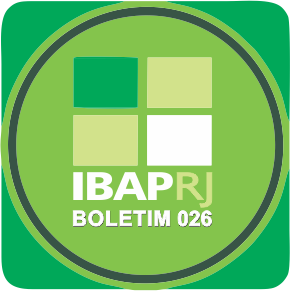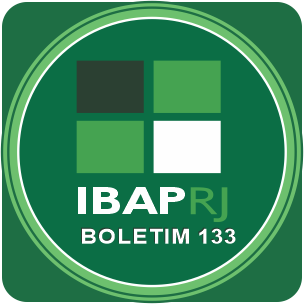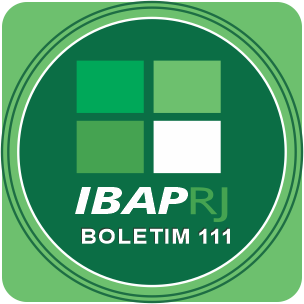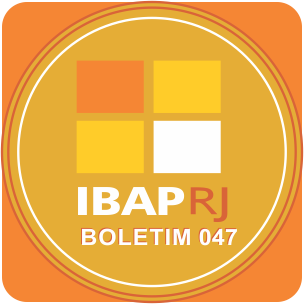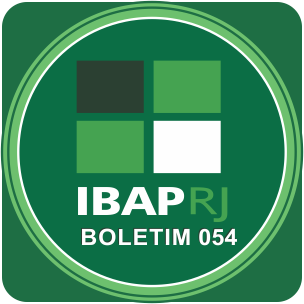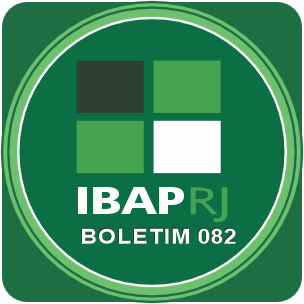This article addresses the subject of clientelism with reference to an unprecedented set of data resulting from a survey of 422 municipal councilors in 44 Brazilian municipalities. Our aim was to verify whether a propensity for clientelist behavior was uniformly distributed among the councilors surveyed and, in the event that it was not, to identify factors that could explain any variations. Our analysis revealed that clientelism – understood as the degree of exposure on the part of councilors to voter demands for individual benefits, and the councilors’ willingness to attend to such demands by means of informal strategies – varies among councilors. Through a multivariate analysis of data, we concluded that these variations are related, as we expected, to such characteristics of the municipalities as population, poverty levels and political competition, and to such individual attributes of councilors as ideology and position in relation to the executive branch. We also conclude that there is an interaction between poverty and competition: competition seems to be more relevant than poverty to explain the observed variations, and its effect is intensified, the explanatory power of poverty is higher in the context of low political competition.
Leia o artigo de Marta Mendes Rocha e outros em http://www.scielo.br/pdf/bpsr/v13n3/1981-3821-bpsr-13-3-e0002.pdf

